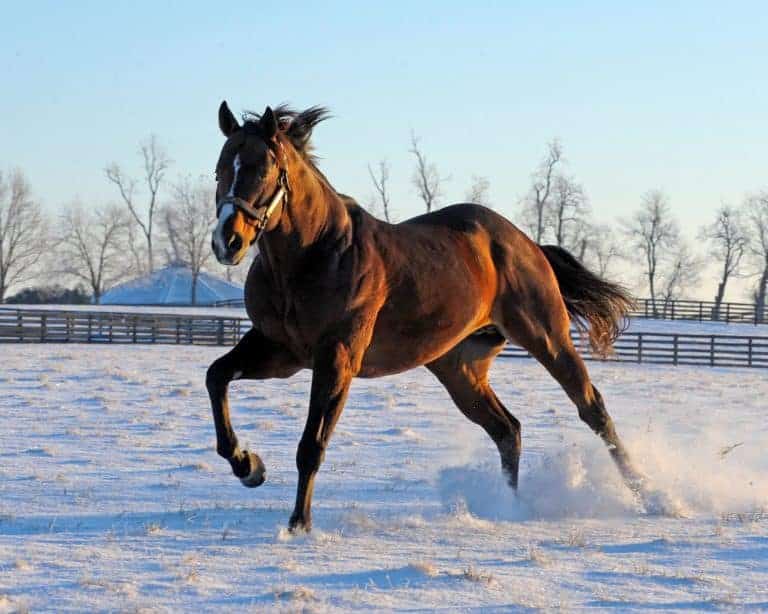Multiple Ovulations
Colorado State University’s Ed Squires, PhD, an honorary Diplomate in the American College of Theriogenology (reproduction), presented several lectures at the 2003 American Association of Equine Practitioners convention. One presentation was on using a new commercially available product called equine follicle-stimulating hormone (eFSH, from Bioniche Animal Health) to have mares superovulate












